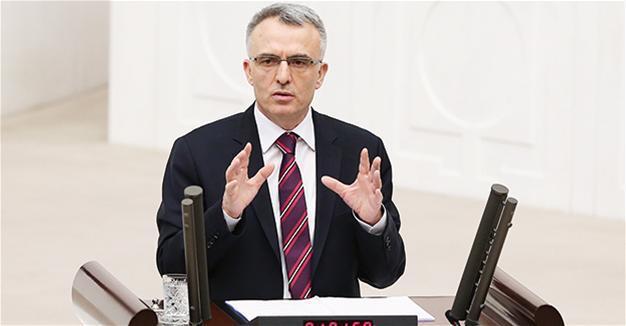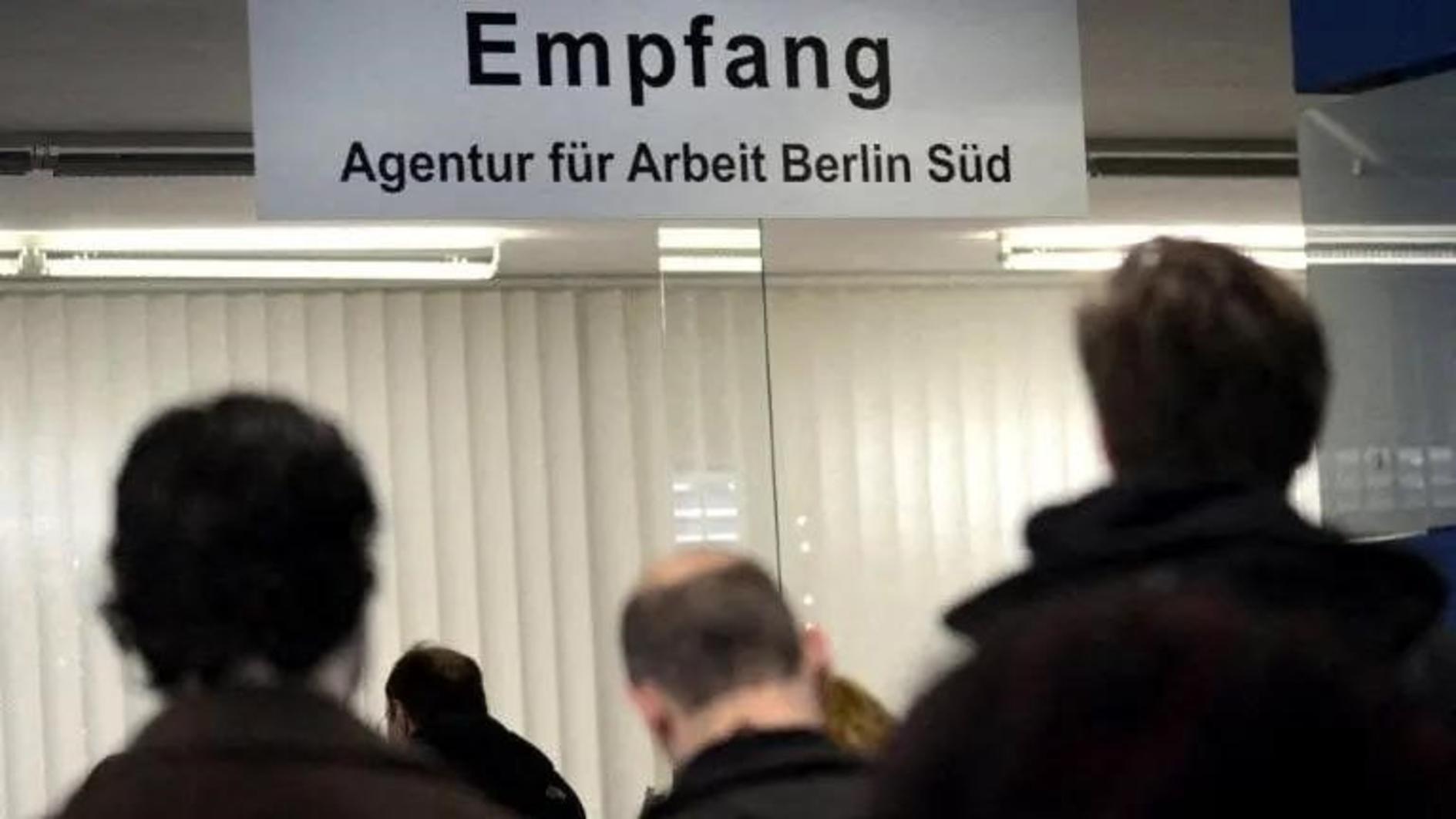Gov’t will maintain fiscal discipline in new budget year: Finance minister
ANKARA

AA photo
Fiscal discipline will be key for Turkey’s 2017 growth-oriented state budget, Finance Minister Naci Ağbal said on Dec. 5, speaking at the start of marathon budget talks in parliament.“We will support the Central Bank’s tight monetary policy through our fiscal policy. The main goals of our medium-term economic program, which spans the years between 2017 and 2019, are to support sustainable and inclusive growth, decrease the inflation rate, increase employment, constrain the current account deficit, and most importantly sustain fiscal discipline in a determined way. We expect to decrease our budget deficit-to-GDP to 1.7 percent in 2017 and eventually to 1 percent in 2019,” Ağbal said.
He noted that 43 percent of budget expenses were comprised of interest rate payments in 2002.
“This rate will be 8.9 percent in 2017. This is an obvious example of fiscal discipline,” said Ağbal.
The ministry estimates that budget expenses for the 2017 fiscal year will reach 645.1 billion Turkish Liras ($182.8 billion), while the budget income will reach 598.3 billion liras ($170 billion).
Ağbal noted that some 78 billion liras ($22.1 billion) will be allocated for public investments in 2017, a 30 percent increase from 2016.
“More resources will be allocated to foster a qualified workforce, innovation and investments, in order to boost production and exports,” he said.
Transport sector
Ağbal said the biggest portion of public investments will be allocated to the transport sector in 2017 with 22.1 billion liras ($6.3 billion), followed by the education and agriculture sectors with 13.7 billion liras ($3.9 billion) and 10.3 billion liras ($2.9 billion), respectively.
He acknowledged that Turkey’s economic growth had slowed down considerably in the second half of this year, but stressed that growth would be back on an “upward trend” next year.
“We started to see a robust recovery in consumer loans from September. Our continuous economic reforms, measures to revive domestic demand, and tax reliefs will enable growth to progress again. We have already seen the first signs of this rebound,” he said, while claiming that the alarming level of debts in the private sector are “manageable.”
“Other factors will also further support economic growth, from an expected global economic rebound and rise in foreign demand, to some recovery in tourism sector and in private sector investments,” Ağbal added.
The finance minister said the government aims to decrease the rising unemployment rate to decrease to 10.2 percent and the inflation rate to 6.5 percent in 2017.
Budget talks at parliament are expected to continue for 12 days.
















